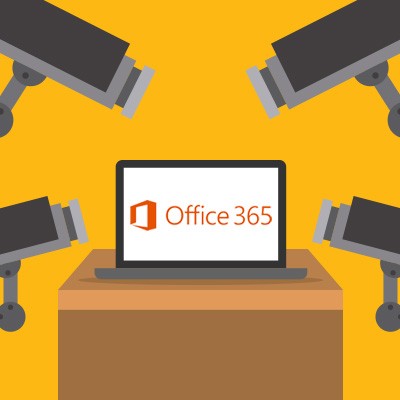-
IT Consulting Services
IT Consulting Services
Our IT consulting service helps define your business' IT strategy, propose and implement solutions and provide managed on-going support.
-
Managed IT Services
IT Managed Services
Datek provides managed IT services for London, Berkshire, Hampshire and more, ensuring your business runs smoothly. You will have a dedicated account manager and an expert IT support team on hand.
- IT Resellers
-
Cloud Services
Cloud Services
Datek provides expert assistance you need to quickly and cost-effectively bring cloud computing services to your business.
- IT Project Services
With the announcement of Windows 7 support ending on 14th January 2020, it’s the best time for Windows business users to consider upgrading their Windows operating system to avoid risking security and performance, as well as preventing cost implications.
We look at what the end of Windows 7 support means to its users, as well as what you need to do to prepare. There is no need to panic about the change, but it is time to consider the alternatives in order to keep your digital life up to date and protected. If you haven’t upgraded yet, discover the benefits of Windows 10 for your business and read our comparison of Windows 7 and Windows 10 operating systems.
What does the end of Windows 7 support actually mean?
Microsoft ended mainstream support for Windows 7 in 2015, but the OS is still covered by extended support until 14 January 2020. Microsoft doesn’t just release a new operating system and then leave you to it. Rather, each OS receives a committed period of support and work continues behind the scenes to fix bugs, deliver improvements and overall protecting your computer from security vulnerabilities.
When support stops for Windows 7, you will no longer receive updates and patch fixes, leaving you vulnerable to malicious activity, compromising your computer’s security. This means that whilst you can continue to use Windows 7 after this date, your PC is likely to become more vulnerable to online threats such as malware. Using anti-virus software can help, but only to a certain degree. Some protections can only be provided via an official software update.
What are the biggest concerns to my business?
- Security patches and bug fixes – As we said this is probably the greatest threat to your computer. After 14th January 2020, your system will no longer be protected against malware and cyber attacks, leaving your organisation and data vulnerable
- Performance issues – Continuing to use an outdated operating system means you run the risk of third-party software updating and no longer being compatible with Windows 7, giving you an overall poor performance
- Indirect costs – Your Windows 7 software is most likely being run on an older device. The average user of a poorly performing PC loses 14 minutes of productivity a day – that’s 6 working days a year!
My business uses Windows 7 – What do we need to do?
- Upgrade to Windows 10 - We know this is the obvious answer but upgrading to Windows 10 will keep your computer security protected.
- Buy a new computer - If you’re currently running on Windows 7 and are thinking it’s time to update your computer, any new Windows PC you buy in 2019 will have Windows 10 pre-installed. If you’re using an old computer, Windows 10 is unlikely to provide a good user experience as it won’t be new enough to handle the latest features. We have a wealth of expertise advising and supplying the right IT equipment for your business’ needs. Discover our IT Equipment services here.
What’s the best choice for my business?
If you have any questions about Windows 10 or how it may affect your business, Datek IT experts are here to help. From Cloud Computing Services and IT Consulting Services to IT Projects and IT Managed Services, we have an IT expert for your business. We value our relationship with our customers and are passionate about supplying the right technology and the right approach for the needs of your business. Get in touch with our dedicated team today.
Related Items

5 Tips for How Office 365 Can Protect Your Business
Some of our favourite Office 365 security features and available add-ons that will help protect your business ensure an effective IT security strategy.

Cloud Migration Mistakes That Could Hurt Your Business
Without a clear cloud transition plan and IT experts to establish an IT strategy for you and your business, you could actually end up hurting your business when you migrate to the cloud.

5 Reasons It's Important to Update Your Systems Regularly
As businesses grow, these systems and processes need to be updated or replaced because there is a cost of doing nothing. Discover our 5 reasons why it's important to update your systems regularly.
